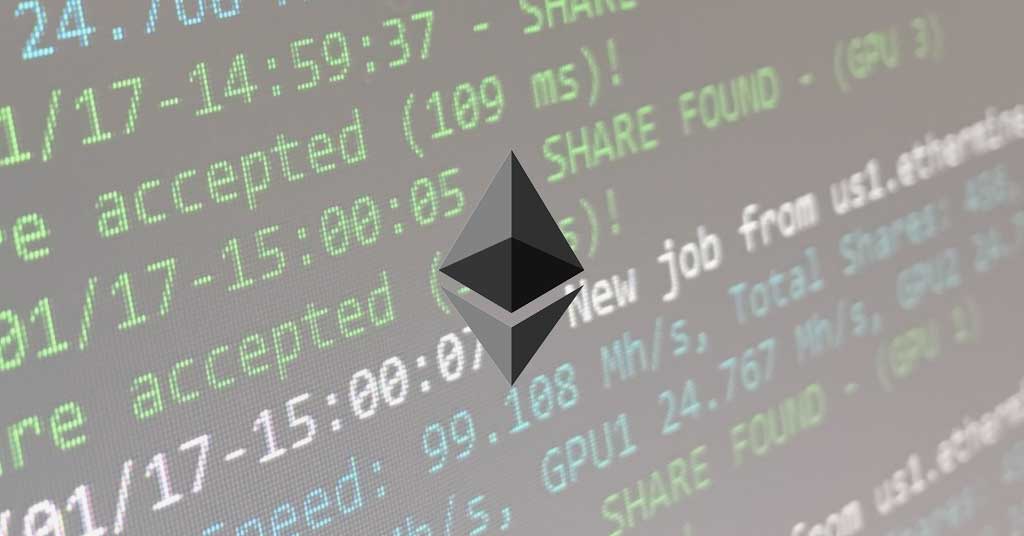Welcome to our website, where we delve into the fascinating world of crypto mining and explore the Ethash Algorithm.
Ethash is a memory-hard hashing algorithm used by Ethereum mining. Our comprehensive guide will provide you with a detailed understanding of how Ethash works, its benefits, and its impact on mining profitability.
Through informative graphics, helpful links, and engaging pictures, we strive to simplify the complex concept of Ethash, enabling both beginners and experienced miners to optimize their mining strategies. Join us on this exploration and unlock the potential of the Ethash Algorithm for your crypto-mining endeavours.
What is the Ethash Algorithm?
Ethash is a proof-of-work algorithm used for mining Ethereum and other ETH-based cryptos. Ethereum, Ethereum Classic, and many other cryptocurrencies use it on their network. It is a modified version of the Dagger-Hashimoto algorithm. The unique features of this algorithm make it ASIC-resistant and effectively verifiable.
However, Ethash is not a cryptographic hash function by itself. It is a variant of SHA3 hash called Keccak-256.
How does the Ethash Algorithm work?
Let’s understand how Proof of Work runs on a blockchain. It will help you understand better before we dive into how Ethash works.
A blockchain’ Proof of Work algorithm takes data from a block header as its input and uses the cryptographic hashing method to yield a fixed-length output. You can hash different variants of the input data by using a new set of numbers each time you submit data into the process.
Unlike the Dagger-Hashimoto version, Ethash kicks it up a notch by eliminating computing costs. This algorithm uses a vast data set that is regularly produced and gradually expands over time. However, the total program size is small enough to fit in the VRAM of an old-school GPU.
The hash value produced in this process must be less than a certain threshold. This limit is called difficulty. The Ethereum network lowers or raises the difficulty level of managing the block mining pace.
Suppose the rate at which miners can find blocks is high. In such a scenario, Ethash will raise its difficulty. Alternatively, when the miners find it difficult to mine blocks, Ethash will lower the difficulty and more valid hashes will be available.
External links:
https://github.com/ethereum/wiki/wiki/Ethash


